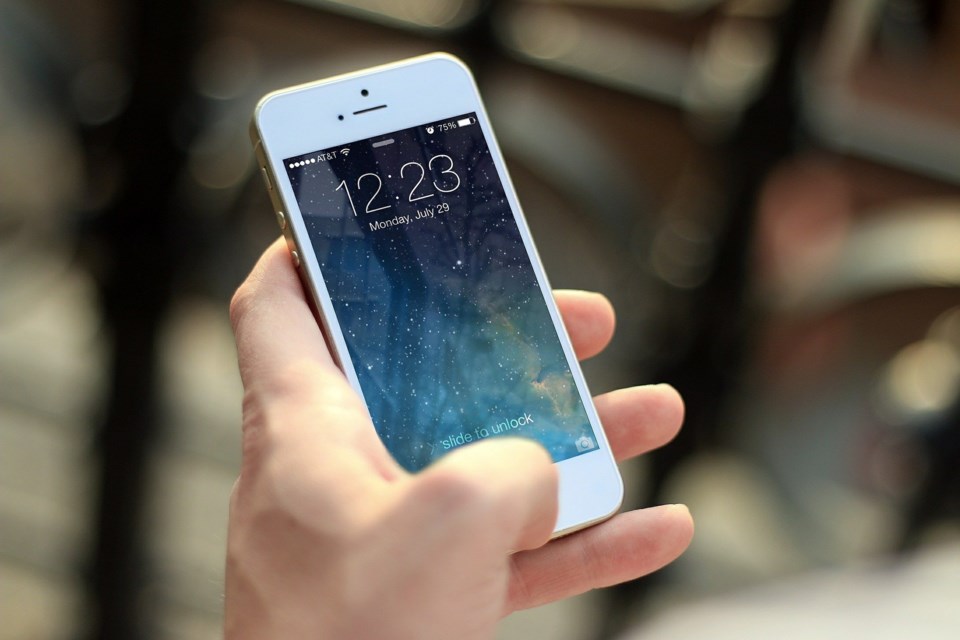Our electronic devices are convenient, and at this point nearly universal.
But a very long string of nasty surprises has shown us that we have reason to be wary about what information they're sharing about us and with whom.
Most recently, many U.S. drivers of GM vehicles found that their cars had been reporting about their driving habits, in great detail, to a company selling information to the car insurance industry. How did they find out? When their insurance rates went up, in some cases dramatically.
Facebook and Instagram have had their issues. Google by default will track your phone's location history in great detail. The data is only available to you ... or anyone who may have access to your login credentials, which you may or may not know about.
Our digital lives, though they offer endless convenience, also seem to do it at the expense of our privacy, in complicated and very opaque ways. In response, we often seem reduced to grumpy helplessness.
In an online poll this week, more than three-quarters of you said that you are concerned that your electronic devices may be gathering more information about you than you're aware of or comfortable with. We ran the poll along with another that asked whether you thought that smart phones were largely a good thing or not. (That one was about fifty-fifty, so I'll spare you the graph.)
Women were more concerned than men:
Interestingly, though, women were more positive about smart phones than men, despite the privacy concerns.
If we see people in their 40s as an outlier, there is actually much less variation by age than I would have expected:
Education makes little difference:
There is a modest spread by party affiliation, with PCs the most concerned, The issue seems to cross political tribes, though, since NDPers are second-most-concerned.
Merging the two polls with each other, we find that people who are more positive about smart phones are less concerned about electronic devices' implications for privacy, and vice-versa:
The issue resists cross-referencing with others in a way that holds together across polls. Does it correlate with libertarian views on other issues? It's hard to see, to be honest:
People under 40 are far more likely to call smart phones a good thing than their elders:
And there's a strong relationship to openness to EVs:
